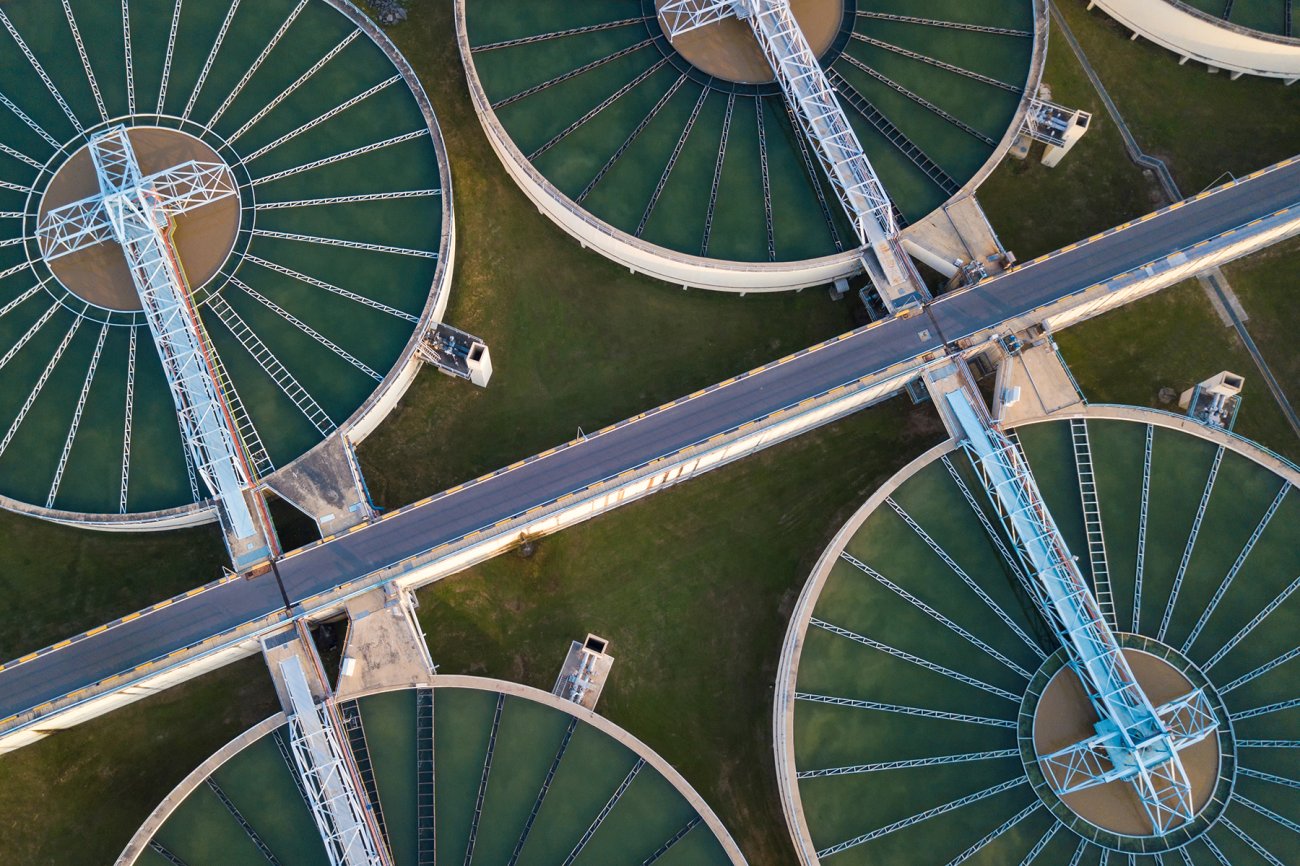Reclaim Waste for Beginners
Reclaim Waste for Beginners
Blog Article
See This Report on Reclaim Waste
Table of ContentsThe Ultimate Guide To Reclaim WasteExcitement About Reclaim WasteThe smart Trick of Reclaim Waste That Nobody is DiscussingExcitement About Reclaim WasteIndicators on Reclaim Waste You Should Know
Via proper liquid waste management, business can minimize energy-intensive therapy procedures and disposal expenses. By adhering to a system for managing fluid waste, firms can avoid expensive penalties and penalties and prevent unfavorable publicity.(https://reclaimwaste1.wordpress.com/2024/11/12/efficient-liquid-waste-disposal-in-melbourne-reclaim-wastes-expert-solutions/)Gather depictive examples from numerous factors within the waste stream to make certain accuracy. Liquid waste, especially harmful ones, postures substantial threats throughout this action.

Sanitation (e.g., chlorination, ultraviolet light, ozonation) and nutrient elimination (e.g., denitrification and phosphorus obliteration) are recommended under stringent laws. Many business violated numerous liquid waste disposal regulations in current years.
Reclaim Waste Can Be Fun For Everyone

Superficial containers include fluid waste that is allowed to vaporize via natural processes. This kind of disposal is subject to rigorous environmental guidelines due to possibly hazardous discharges.
The searchings for should be recorded, evaluated, and saved not simply for submission to regulative authorities yet also for making enhancements in the future. Usage reputable devices, approaches, and software services to make sure exact and regular data collection. Remain upgraded on pertinent ecological laws and industry standards. Share information with pertinent stakeholders (e.g., employees, governing government agencies, and nearby neighborhoods) to preserve transparency and responsibility.
Recognizing these can assist them efficiently manage their procedures and lessen their environmental influence. Business that can not spend in facilities need to think about collaborating with the public sector for far better services.
The 4-Minute Rule for Reclaim Waste
By executing thorough management systems that consist of therapy and recycling strategies, regular tracking, threat evaluations, and adherence to neighborhood and federal laws, industrial facilities can add to the protection of groundwater materials, guaranteeing their availability for future generations (liquid waste disposal). Let's dig into the relevance of effective liquid waste administration in the commercial field, concentrating on its implications for protecting groundwater resources
The contamination of groundwater sources as a result of inappropriate fluid waste management in the industrial sector has far-reaching repercussions for human health and wellness, farming, and the setting as a whole. Several of the potential influences brought on by such pollution include: Contaminated Drinking Water Supplies: As groundwater supplies a considerable part of our drinking water, contamination from industrial activities can lead to damaging chemicals and microorganisms entering our water systems, positioning health and wellness dangers for people.
Decreased Agricultural Productivity: Agriculture relies greatly on groundwater for watering; for that reason, polluted water can hinder plant yields, pollute agricultural items, and impact food security. Given the importance of preserving groundwater sources, it is crucial for businesses to take an aggressive position in managing their fluid waste properly and stopping contamination.
The Facts About Reclaim Waste Uncovered
Fluid waste can infect land and contaminate waters. Information about managing and saving liquid waste, reacting to spills and lowering fluid waste is available in the following fact sheets and assistance:.
Water, the significance of life, is under consistent hazard from contamination. The role of waste management experts in securing this priceless source can not be overemphasized. Their services consist of: Septic storage tank and oil catch cleansing: Vital for stopping harmful pollutants from entering our click here to read water supply. Polluted water and contaminated effluent management: Guaranteeing that hazardous fluids are safely eliminated and treated before they can damage our water resources.
Thus, integrating lasting liquid waste management right into financial planning boosts financial stability and safeguards the environment, showing the value of this method. To conclude, embracing professional fluid waste administration practices is essential for making sure a sustainable future, shielding our atmosphere and safeguarding the wellness of future generations - liquid waste removal. At E&E Waste, we are committed to cultivating a better tomorrow via accountable actions today.
When it pertains to getting rid of waste, sticking to correct procedures is important for a plethora of factors. Proper waste disposal is not nearly cleanliness; it's concerning making sure the health of our setting, wellness, and the effective use of resources. Recognizing the importance of effective waste administration can aid us all add to a healthier, cleaner world.
The Ultimate Guide To Reclaim Waste
Efficient waste monitoring aids keep tidy streets and public areas, lowering the aesthetic influence of clutter and making certain that waste does not damage wild animals. When waste is not gotten rid of properly, it can bring about contamination, where unsafe materials can seep into the soil, water systems, and the air, creating long-term ecological issues.
Report this page